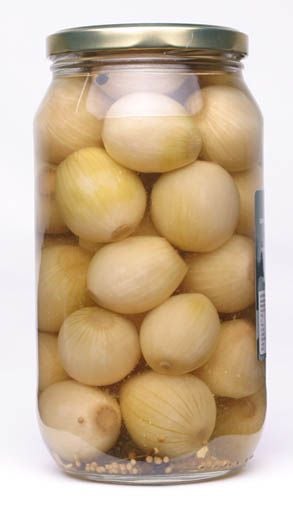instantly eats 50 wheels of cheese in front of enemies
He is the Dragonborn!
The Dairyborn.
You have to learn the poop shouts.
They come out naturally, well the gas part does.
If they are in pieces be careful to not make a Potion of Resist Fire
Fire Resistance
It didn’t say you had to eat them, so m*ybe you have to use a wheel of cheese as a shield, a chield if you will
I absolutely won’t.
Maybe it’s more like a talisman and defends against death magic.
Why censor the word maybe?
You can’t such h*rrible things! This is a Cristian Minecraft server
Studies looking into a potential relationship between cheese and all-cause mortality tend to produce highly inconsistent results. A 2017 meta-analysis published in Nutrients showed that the sum of the evidence to that point indicated no association between cheese and all-cause mortality.
In conclusion, findings of the present meta-analysis indicate that cheese consumption is not significantly associated with risk of all-cause mortality. Future large prospective studies that distinguish between high-fat and low-fat cheese are warranted.
Well that makes me feel a bit better about my decision to drop cheese almost entirely since I have stupid genes. Stupid familial hypercholesterolemia! :/
Welcome to nutritional science. This is common with just about everything in it.
When I had to take a course on it, this was quickly pointed out by the professor, with an egg as the example. Some years it’s the best thing you can eat, others it’s the worst.
I was using boat hull cleaner yesterday and I shit you not, it said the following (paraphrased):
If ingested:
- drink a glass of milk
- call the docfors
- get down tonight
Everybody walk the dinosaur.
I’ve heard about the milk thing before, it’s quite common in poison control.
It used to be that the number one thing people knew to do when poisoned was to induce vomiting. However, poison control only recommends that for some poisons, and many others vomiting will make things worse.
I haven’t heard of drinking milk as being explicitly bad for anything, so maybe this will become the new main tip.
Presumably to neutralize acid.
Milk is actually slightly acidic.
Then presumably because it’s a tasty treat and if you’re gonna die from poison, you might as well have a nice glass of milk before you go.
From what I can tell it coats the stomach lining and dilutes the substance, causing slower absorption.
I believe (and someone correct me if I’m wrong, it’s been a while since I’ve taken biochemistry) hull cleaner is usually made of phosphoric or citric acid, and it has a higher affinity to binding to the milk’s (hydrogen?) molecules than the receptors it would bind to in your body to poison you. So the acid’ll bind to the milk and create some sort of solid (milk curdle) that will take longer for your body to digest, giving you time to call poison control.
Similar principle to drinking vodka if you’ve ingested methanol, but for that mechanism I believe vodka binds to the receptors in your body faster than methanol, and that’s what slows down the poisoning.
Neither of those acids should have systemic toxicity. You’d need a lot of phosphate to get sick(around 60 grams is fatal and 4 grams is the recommended upper limit), and it is not absorbed very well in the first place (and just leads to diarrhea). Citrate, similar to phosphate, can cause hypocalcemia but you really would have to ingest a lot of it. Both much prefer being calcium salts instead of sodium salts. Usually it’s for neutralization more than anything.
On the point of methanol: the treatment with ethanol is both to give much more ethanol than you have serum methanol and to rely on ethanol being a better binder. Methanol itself isn’t what’s toxic, it’s the fact that alcohol dehydrogenase metabolizes it into toxic formaldehyde much faster than your body is able to clear it.
Minecraft irl?
Does it specify if different cheese gives you a different level of immunity? Like a soft cheese triangle would be good for a splinter in your pinky but for an assault rifle you may need a slab of Stilton…
“AAAH My appendix!”
“Get this man a block of Gouda STAT!”
- Soft cheese: DEF vs bludgeoning
- Hard cheese: DEF vs piercing/slashing
- Pungent cheese: DEF vs status conditions (negative modifier to social interaction)
just read the label, it will tell you how many HP it restores
Paid for by big cheese. I’m on to you.
Couldn’t you say the same thing about pretty much any nutrition? (i.e. eating food)
Who are you, who are so wise in the ways of science?
Removed by mod
[Happy Sheogorath noises]
That is not what “all cause mortality” means.


















